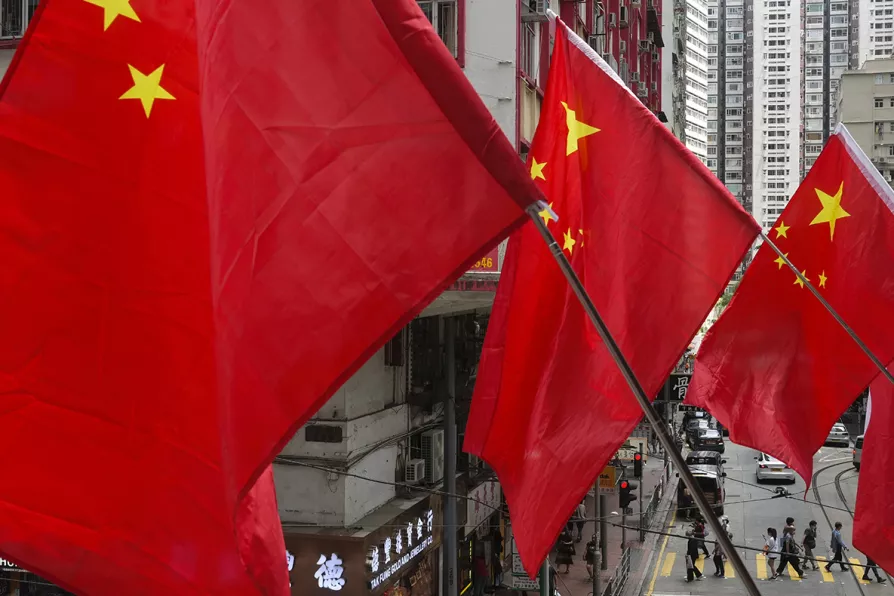A November 15 protest in Mexico – driven by a right-wing social-media operation – has been miscast as a mass uprising against President Sheinbaum. In reality, the march was small, elite-backed and part of a wider attempt to sow unrest, argues DAVID RABY


FROM 1978, the post-Mao Chinese leadership embarked on a process of “reform and opening up” — gradually introducing market mechanisms to the economy, allowing elements of private property, and encouraging investment from the capitalist world.
This programme posited that, while China had established a socialist society, it would remain for some time in the primary stage of socialism, during which period it was necessary to develop a socialist market economy — combining planning, the development of a mixed economy and the profit motive — with a view to maximising the development of the productive forces.
Deng Xiaoping, who had been one of the most prominent targets of the Cultural Revolution and who had risen to become de facto leader of the CPC from 1978, theorised reform and opening up in the following terms: “The fundamental task for the socialist stage is to develop the productive forces.

STEPHEN BELL reports from a delegation that traced the steps of China’s socialist revolution from its first modest meetings to the Red Army’s epic 9,000km battle to create the modern nation that today defies every capitalist assumption













